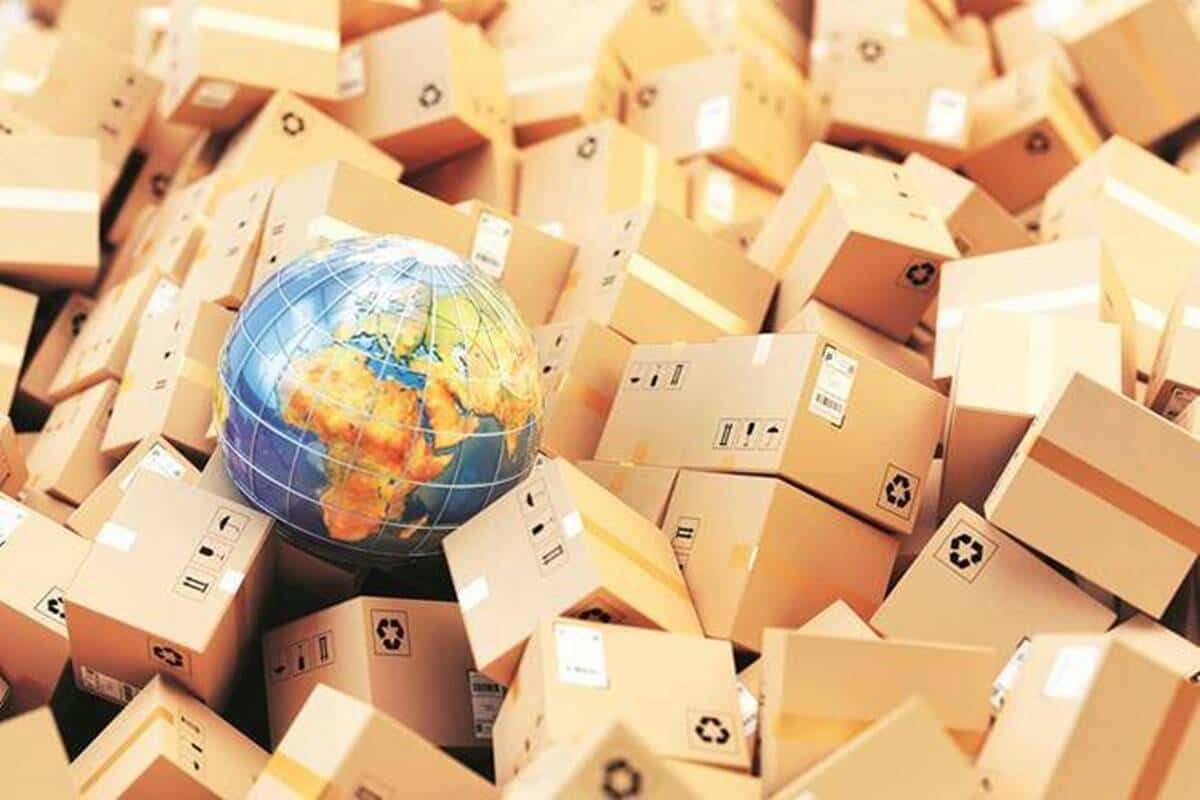Sustainable steps being taken as eco-friendly scores big with millennials

Going green seems to be the mantra by several brands, which are opting for sustainable packaging of their products. Consider the following: Dabur is removing outer paper cartons from its toothpaste brand Dabur Red Paste; Flipkart is working towards reducing the need for an outer layer of packaging and has eliminated all single-use plastic packaging. Further, Mondelez India has announced a grant to Hasiru Dala, an NGO that will recycle multi layered plastic (MLP) which is a prominent packaging material used by the company.
Several FMCG companies have taken sustainability pledges at a global level and shifted to sustainable packaging materials. For instance, Unilever is introducing a paper-based laundry detergent bottle in Brazil in 2022 followed by Europe and some other markets. Coca-Cola will introduce 100% recycled bottles in the US this year.
Shahrukh Khan, executive director, operations, Dabur India, says dropping the outer paper packaging for toothpaste could save 150 tonne of paper annually. Mondelez India claims that over 97% of its packaging is currently designed to be recyclable. Ophira Bhatia, director, corporate and government affairs, India and CGA Lead, AMEA, Mondelez, says the company’s recycling initiative will turn about 600 tonne of MLP waste into boards that can be used to make furniture and construction material.
One of the reasons for the initiative is consumer preference. As per a 2021 Deloitte study, the environment is a top priority for millennials and GenZ consumers.
“Sustainability has become a business necessity because studies show that the brands that don’t adopt environment-friendly practices stand to lose consumers,” says Sanjesh Thakur, partner, Deloitte India.
As per a Central Pollution Control Board report (2018-19), 3.3 million metric tonne of plastic waste is generated in India every year. There are several ways to reduce the quantity of waste generated. A company could reduce the amount of packaging material used, substitute the material with alternatives, replace inks, decentralise transportation to reduce fuel consumption or use only recyclable materials.
Reducing the amount of packaging material used is a common starting point for many. But there are challenges. Like, plastic is a versatile material with useful properties. “The issue with substitution is that all plastic cannot be replaced by paper in all situations. Another concern is cost. For instance, bio plastics cost three to seven times more than regular plastics and have functional limitations,” says Sudeep Maheshwari, principal, Kearney. He adds that the volume of such material produced in India is only 1% of all plastics produced in India. Packaging accounts for around 25% of any product cost across the entire Dabur range.
This cost and volume barrier may make sustainable substitutes unviable for mass use. “In India, sustainable materials are mostly used by brands that can charge a premium or boutique brands with a niche clientele that appreciates environment-friendly initiatives,” says Arnab Ray, creative director, Landor & Fitch.
Recycling is another area that is promising but needs community action to be successful. “Post-consumer recycling is a challenge in India because we do not segregate waste and our supply chains are not set up at scale to facilitate efficient collection of recyclable waste,” says Maheshwari.
Making bottles refillable is another way for brands to reduce their environmental footprint. This too hinges on consumers playing their part. Brands in India are working on finding ways to overcome the hurdles India’s complex market poses. “About 10% of brands that work with us are actively working on sustainable packaging, while 30% are seeking solutions and experimenting,” says Ashwini Deshpande, co-founder and director, Elephant Design.
Packaging 360 is a comprehensive knowledge sharing ecosystem for the Indian packaging industry. Our services include an online content platform to deliver news, insights and case studies; organising conferences seminars and customised training; Providing Bespoke Project Consulting, Market Research and Intelligence.






